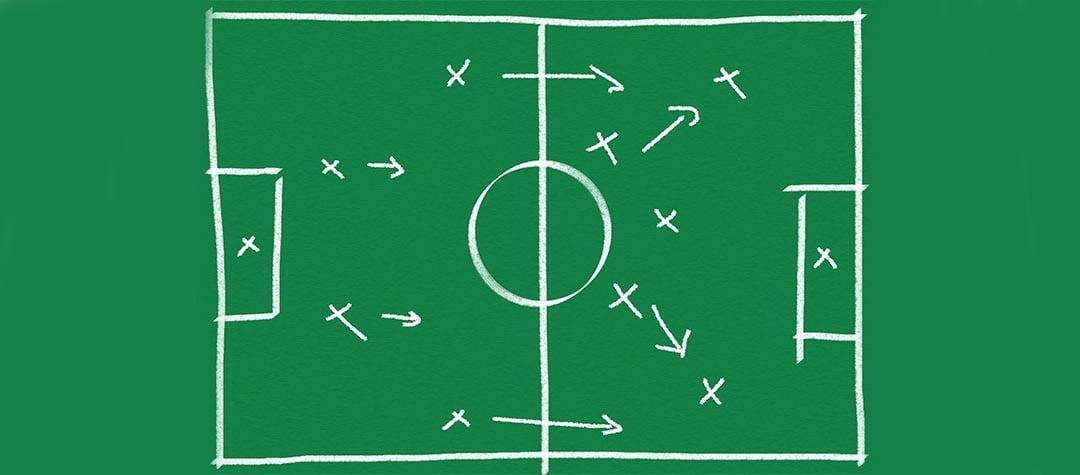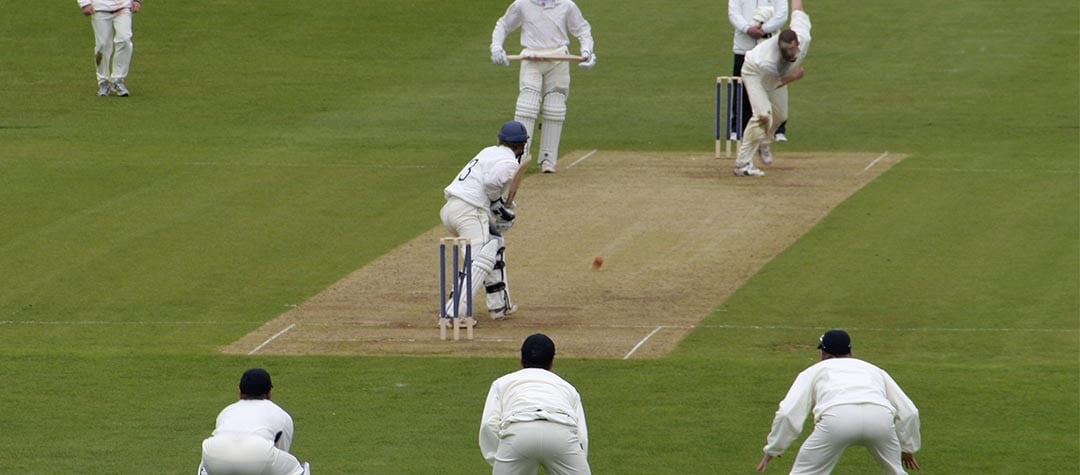Considering giving skydiving a go? Before you jump right in here are a few basics about skydiving and how to get involved.
Skydiving is a term used to describe the sport of freefalling (usually from an aeroplane) through the air prior to opening a parachute. Skydiving is a great adventure sport for giving your body a sensory overload and massive adrenaline rush.
What height is a typical skydive?
Typically skydives are carried out from around 4,000m (or 12,500ft) offering 40 to 50 seconds of freefall time. Longer free fall times can be achieved by exiting an aircraft at altitudes much higher than 4,000m, but such jumps require pressurised oxygen within the aircraft as well as bottled oxygen for very high skydives.
During a skydive, total freedom and control of the air can be enjoyed as well as many complex and spectacular manoeuvres including flat turns, somersaults and formation skydiving.
Skydiving can be enjoyed either as an individual - doing solo jumps - or as part of a team carrying out formation skydiving. Generally the term ‘skydive’ refers to the time spent in freefall from exiting an aircraft to deploying a parachute but skydiving does include some disciplines such as accuracy landings and canopy formation flying which concentrate on the time spent once a canopy has been deployed.
The thrill of skydiving
When it comes to an introduction to skydiving, there's no way we can't mention the incredible amount of adrenaline associated with the sport! What draws many people to try skydiving for the first time is the thrill of simply falling through the air and this same thrill is still experienced by even the most experienced skydivers. You simply can’t beat that feeling of excitement as you get ready to exit a plane, followed by the thrill of falling through the sky.
Once you have done a few jumps, the other biggest buzz for skydivers is the total feeling of freedom you experience, as well as learning to have total control over your body in order to perform complex manoeuvres mid-air — whether you are skydiving solo or as part of a team.
Who can get involved in skydiving?
Skydiving is a sport open to anyone over the age of 16 (participants under 18 will usually require a signed letter from a parent or guardian). If you are over 40 most dropzones will require your doctor to sign a medical certificate.
However, regardless of your age it is good advice to consult your doctor to make sure you are fit to jump. The maximum age for many dropzones is 60 (although it’s not unheard of for people to mark their 80 birthday with a skydive!) and skydiving is usually limited to individuals under 16st or 100kg (220 lbs) in weight.
Tandem skydiving has made the sport accessible to disabled participants and enables those with disabilities the opportunity to enjoy the thrill of skydiving.
Alternatively, you can visit your local dropzone. Skydivers are usually an extremely friendly bunch and always keen welcome new members to the sport. Your first few jumps can be a daunting experience but, don’t forget, every skydiver you meet at a dropzone will have once been a beginner too and will always give you help and advice if you want to get involved in skydiving.
If you have any doubts as to whether or not you want to get involved in skydiving then you will soon be overcome when you see the looks of sheer enjoyment on people’s faces as they land!
Where can you get involved in skydiving?
Rapid progression in learning to skydive can be hindered depending on where you are located and the typical weather conditions, since very strict limits on wind speed and cloud levels are enforced for novice jumpers.
Many experienced skydivers will tell you that if you want to learn quickly with almost guaranteed good weather and fantastic value for money then consider learning to skydive in places such as the United States, Spain or France, but for the best value for money and superb tuition the Czech Republic is hard to beat. Alternatively, you could get involved in a charity skydive or parachute event and raise some funds for charity while you get your adrenaline kicks.















